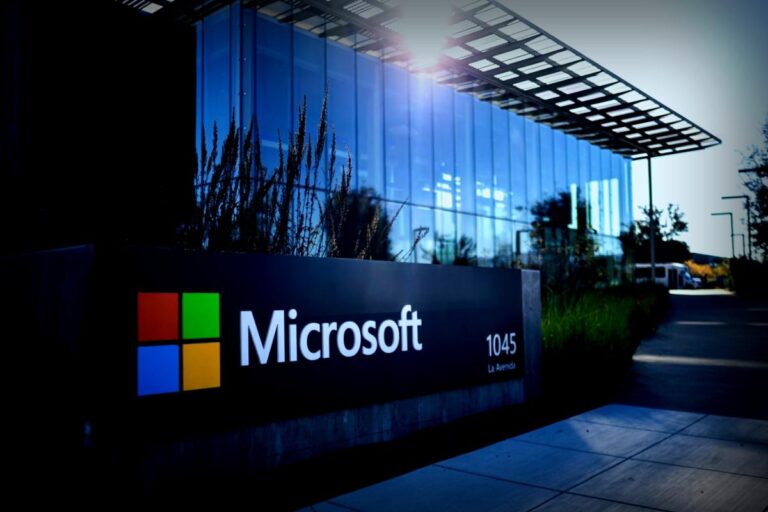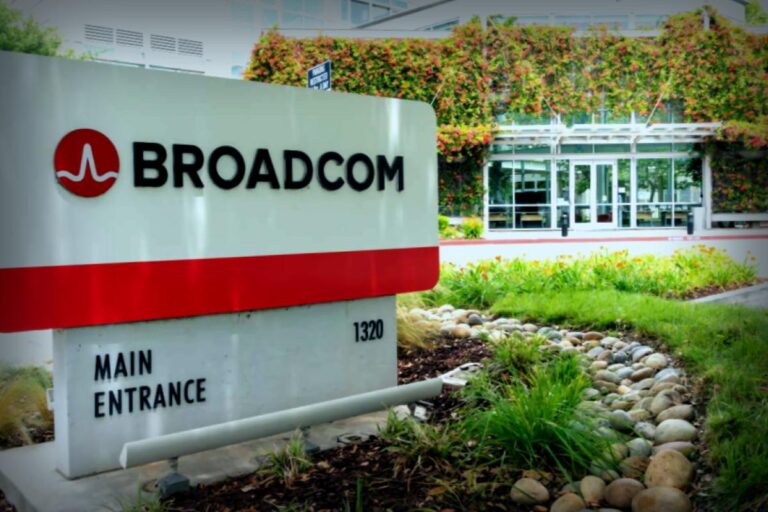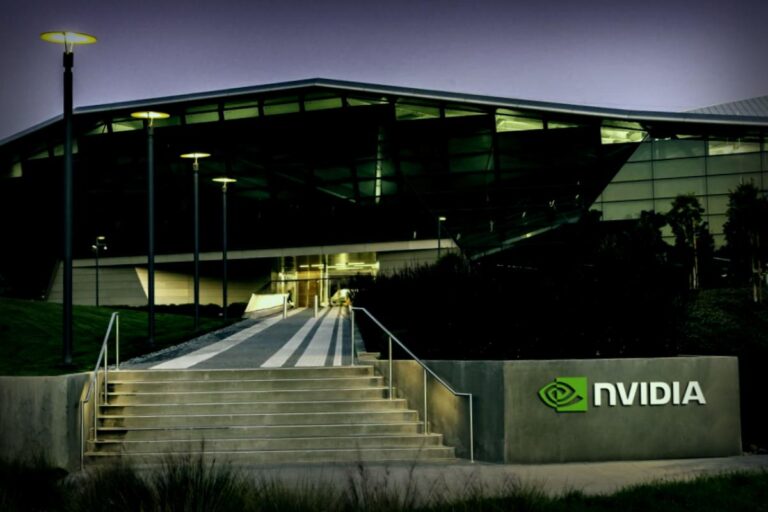AI vs Gen Z – Who’s Landing the Job?
The Rise of the Bots – The tech industry in the UK is in turmoil as graduate job opportunities are seeing a staggering 46% drop in the past year. According to the latest stats from the Institute of Student Employers (ISE), this issue is set to worsen, with predictions of a 53% decrease in the near future.
So, what’s causing this slowdown? The short answer is AI. It’s stepping in to take on routine tasks like coding, data crunching, and various digital operations that once provided the first foothold for new graduates. While companies still crave tech-savvy talent, they’ve begun to turn towards seasoned professionals rather than invest time and resources into training new graduates.
Overall, ISE highlighted an 8% annual decline in graduate hiring, marking the first time since the pandemic hit that there’s been a noticeable drop – the last dip lauded a 12% reduction back in 2020. However, the biggest impact has been seen within the tech and pharmaceutical sectors.
According to Stephen Isherwood, the joint CEO of ISE, the fear of AI displacing young professionals is closer to reality than anyone expected.
“The job market right now is pretty rough for students and young individuals. There isn’t much movement out there, and the youth are bearing the brunt of it,” he mentioned in an interview with the Financial Times.
Despite these challenges, the tech industry still leads in demand for new graduates. Roles in IT, digital tech, and AI are particularly hot, with a surprising 46% of employers actively searching for those skill sets.
A twist in the tale? Although many companies are already utilizing automated software for hiring processes, the embedment of AI is still minimal. Ironic, isn’t it?
While data shows that over half of employers have implemented automation in various testing stages, AI is primarily being used in gamified assessments, which only sees a 15% usage rate. The prediction is that the use of AI during recruitment processes will grow, especially as students become more adept at technology integration in applications.
Employers are also on high alert against potential cheating with AI. Approximately 79% admitted they’re revamping their hiring strategies to counter AI advancements. However, only 15% indicated that they had ever suspected or caught applicants taking unfair advantage during assessments.
The ISE data suggests that the tech industry is somewhat feasting on its own creations. Companies like Salesforce and Workday are cutting back on thousands of jobs while wielding AI for operational efficiency. Microsoft isn’t far behind, announcing cutbacks of 10,000 positions while pivoting towards new technologies.
This unsettling trend had led to a cycle where graduates struggle to land essential initial roles necessary for gaining experience, which leads to fewer mid-level talents five years down the line.
If these insights hold water, the emergence of AI could be locking out young professionals from getting a toe-hold in tech faster than many ever conceived. Organizations are seeing quick efficiency boosts but at a long-term cost to their talent pools, leaving fresh graduates stuck in the crossfire.





















